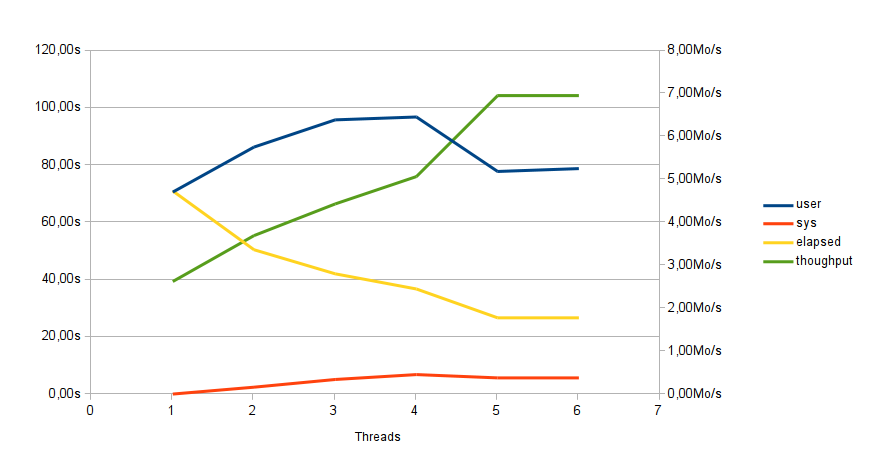I think I will give up Go, mainly because of the lack of generics. What bothers me is that I can’t see how to write all-purpose algorithm functions like the ones C++ have (I love them), like for example «std::remove_if». Without them, you will have to write the same little pieces of code again, and again, and again. Or use cast everywhere (not great for a language with strong static types).
The built-in functions (like «copy») can do such a magic, but you, developer, can’t.
Oh, it’s possible to do like the package sort: provide to the function an interface that will perform the operations on the data (like «Swap», «Len», «Less»). If I want to implement my «remove_if», implementing such an interface will be a drag.
Same problem if you want to create a generic data structure, like a «set» or a b-tree of anything (interface or native type), and keep the type-safety.
That’s a pity, Go has some great features. Maybe I will try Rust.

